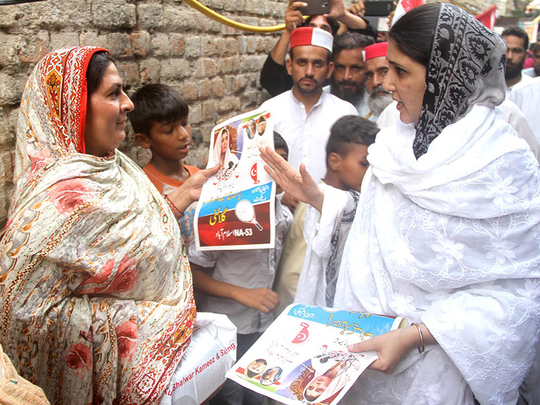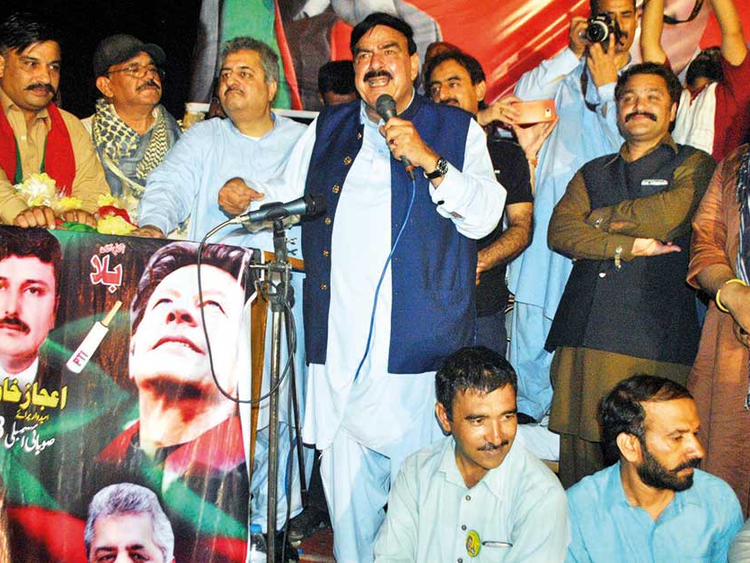
Islamabad: After the deadly attacks on election rallies and gatherings in Balochistan and Khyber Pakhtunkhwa, which claimed more than 150 lives on July 10 and 13, Pakistan’slaw enforcement agencies have taken extra measures to provide security to political leaders and candidates on the campaign trail six days ahead of their polls.
The army has also finalised a plan to ensure security for free, fair and smooth elections in the country on July 25.
Army officers held meetings with police and administrative officials in Punjab, Sindh, Khyber Pakhtunkhwa, Balochistan, Gilgit Baltistan (GB) and rest of the country for final security briefings.
According to the plan, polling stations will be handed over to the troops two days before election day and they will be relieved only after conclusion of voting process, on July 26. Army troops have also been deployed at the Printing Corporation of Pakistan Press Islamabad, National Printing Security Company Karachi, and Pakistan Post Foundation Islamabad as printing is in its final stage.
According to the Inter-Services Public Relations (ISPR), around 370,000 regular and 150,000 retired personnel will be participating in the mega election process, however, it has been made clear that conduct of elections is the sole responsibility of the presiding and assistant presiding officers deputed by Election Commission of Pakistan and they would be deployed only to assist them.
The Election Commission of Pakistan (ECP) has identified more than 18,000 polling stations across the country as sensitive and CCTV cameras will be installed to monitor them and deal with any untoward incident.
However, an official of the ECP has made it clear that this will not reveal or violate the principle of secrecy of voters.
In the general elections of 2013, the number of troops that were deployed at various polling stations across the country was 70,000 however this time the number has been raised to almost six times that number due to the wave of terror attacks in Khyber Pakhtunkhwa and Balochistan.
Besides, voters are more politically charged this time than in 2013 because of the arrest of PML-N leader Nawaz Sharif and his daughter Maryam Nawaz, and a number of references still pending against him in the Accountability Court.
To a question, the ECP official said the army had nothing to do with the printing of the papers, nor would the ROs be able to exercise their discretion as they did in the past to order more ballot papers printed for their specific constituency.
“We had asked them well before in time the number of ballot papers required for their constituencies and now it is wholly and solely discretion of the chief election commissioner and the Election Commission of Pakistan with regard to printing of more ballot papers,” the official said.
“The printing process of the ballot papers will be completed by July 20 and the paper being used for ballots is of the highest quality and is imported from European countries with special security features so that there would be no room for forgery at any stage,” added the ECP official, noting around Rs2 billion (Dh60 million) had been spent on the printing of 210 million ballot papers.
To a question, he said mobile phones would not be allowed inside the premises of polling stations, but journalists would be allowed access inside the polling stations with their professional cameras.













